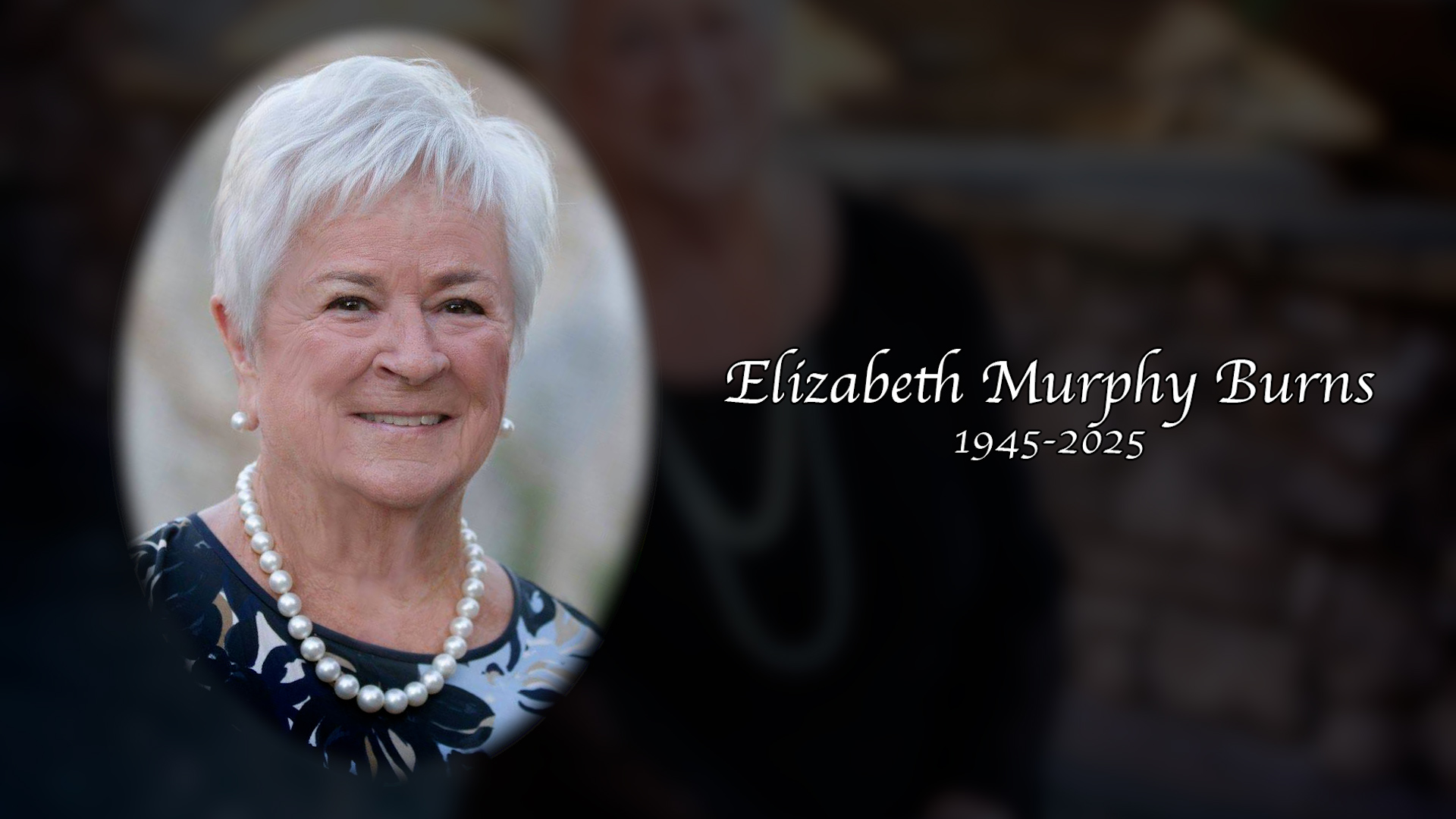FCC Orders $3.3M in Fines Against 113 TV Stations for `Kid Vid’ Violations
Fines for 19 different station groups include $2,652,000 from Sinclair and $182,000 from Nexstar

WASHINGTON, D.C.—The FCC has released a Forfeiture Order against 19 station groups covering 113 TV stations for a total $3,334,000 in fines for violations of rules regarding children’s programming.
The Forfeiture Order, which rejected broadcasters arguments seeking to reduce penalties originally proposed in 2022, ordered that 19 different station groups pay fines ranging from $20,000 to $2.6 million. That includes a $2,652,000 fine on Sinclair and $182,000 from Nexstar.
The Order follows a lengthy investigation and a Notice of Apparent Liability for Forfeiture (NAL) released on September 20, 2022, in which the Commission found that the broadcasters’ multiple airings of a commercial for a Hot Wheels-themed toy during a Hot Wheels-themed television show fit within the Commission definition of a program-length commercial.
“After considering the responses to the NAL filed by the Respondent Broadcasters, we find no reason to cancel, withdraw, or reduce the penalties proposed, and we hereby affirm the NAL and its proposed forfeitures for all the broadcasters subject to this Forfeiture Order,” the FCC noted in the Forfeiture Order that was adopted on August 14 and released Sept. 5.
In a statement FCC chairwoman Jessica Rosenworcel argued that “the Children’s Television Act puts strict limits on advertising during kids’ programming. There is no question these limits were crossed here, where broadcasters mixed toy commercials with programming and violated our rules. This is laid out clearly in the underlying unanimous Notice of Apparent Liability that preceded this action. Here we follow through on that earlier effort with a virtually identical Forfeiture Order that involves 19 different station groups and 113 stations. This approach is consistent with our precedent and the principle that failure to follow the law must have consequences.”
Both Republican-appointed commissioners dissented.
Commissioner Brendan Carr noted that “the forfeiture assessed in this Order may not seem large in the grand scheme. But it illustrates broader problems with the FCC’s approach to enforcement. If we do not fix them, the courts will.”
Get the TV Tech Newsletter
The professional video industry's #1 source for news, trends and product and tech information. Sign up below.
Carr noted that “in this case, Sinclair aired a 30-minute children’s program titled Team Hot Wheels. As the name suggests, this is a children’s TV show based around Mattel’s Hot Wheels line of toys. Standing alone, Team Hot Wheels constitutes qualifying children’s programming under federal law and, as a general matter, broadcasting that program does not constitute a violation of any rules. Sinclair also aired a commercial advertisement for Hot Wheels toys. Again, standing alone, there is no general FCC prohibition on broadcasting those types of commercials. The problem—and the violation in this case—arose because Sinclair combined the two.”
“At bottom, there is no question in this case that Sinclair exceeded the FCC’s limits on commercial material in children’s programming," Carr explained. " A technical error at its central facility caused the broadcaster to insert those ads for Hot Wheels toys during the kids’ show Team Hot Wheels. This happened 11 times over a single month in 2018. After discovering this, Sinclair fixed the error and disclosed it to the Media Bureau. Ordinarily, the parties would have entered a consent decree and the licensee would have agreed to a penalty. After all, nobody disputes that a violation took place. But that is not what happened here. Rather than settle what everyone understood to be a short-lived error, the FCC decided to throw the book and impose a forfeiture of $2,652,000.”
“Today’s $2.652 million penalty is not how any of this should work under the law,” Carr concluded. “Our enforcement practices are at a fork in the road after the Supreme Court’s latest string of administrative law decisions. As I’ve said before, it is time for the FCC to start the process of fundamentally reforming our enforcement practices—lest the courts step in, including in cases where bad actors deserve accountability. I think the days are numbered for FCC enforcement decisions that rest on stacked penalties, creative math, surprise standards, and extraneous behavioral conditions.”
The full Order with the commissioners statements is available here.
George Winslow is the senior content producer for TV Tech. He has written about the television, media and technology industries for nearly 30 years for such publications as Broadcasting & Cable, Multichannel News and TV Tech. Over the years, he has edited a number of magazines, including Multichannel News International and World Screen, and moderated panels at such major industry events as NAB and MIP TV. He has published two books and dozens of encyclopedia articles on such subjects as the media, New York City history and economics.

